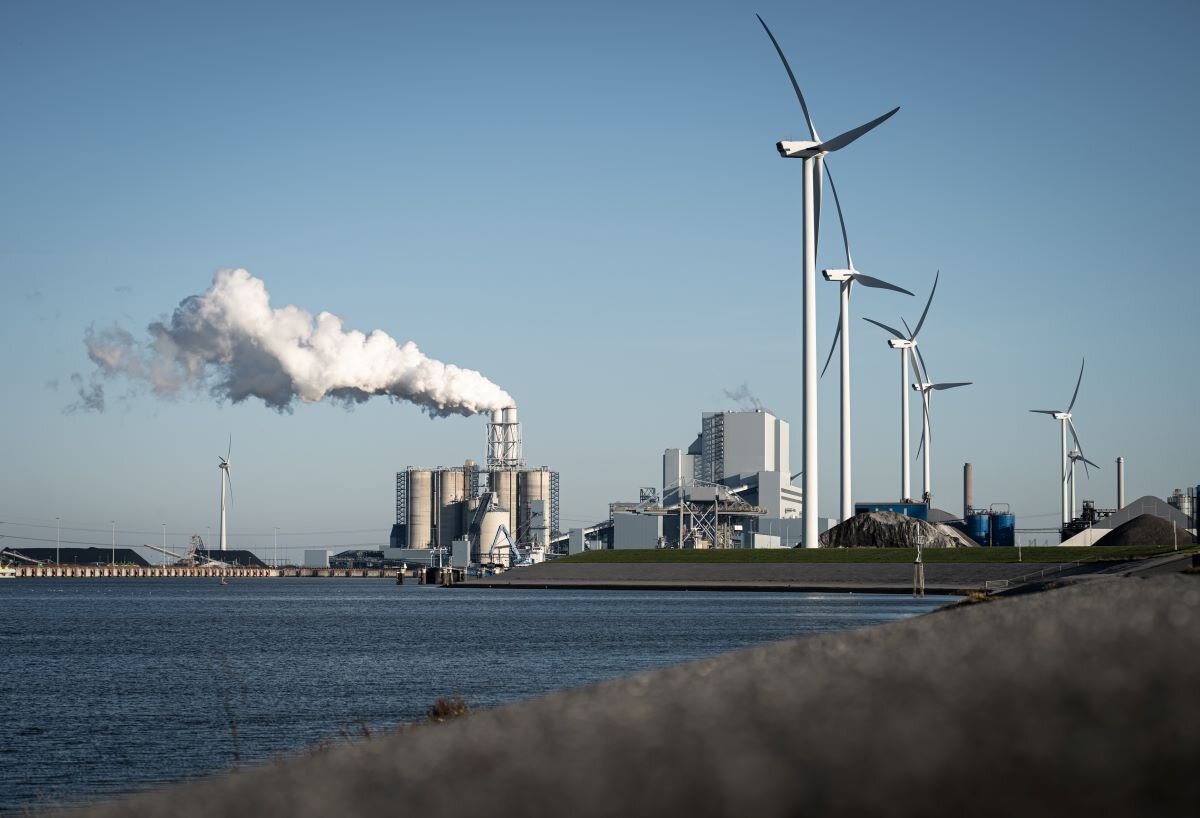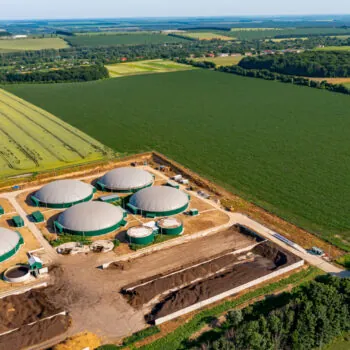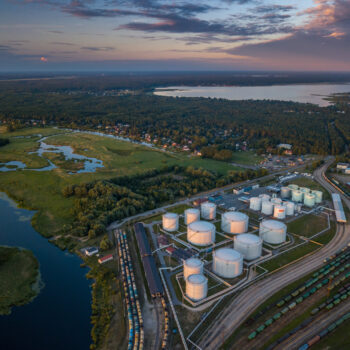- It is still possible to achieve a global net zero emissions economy by mid-century.
- Global fossil fuel demand is about to reach its peak, with global gas demand peaking this year should the world stick to its climate ambitions. Therefore gas can no longer be considered a transition fuel.
- Clean energy, in particular demand-side and efficiency measures, will be a key component of energy systems security and economic resilience as countries emerge from the global energy crisis.
Story
The World Energy Outlook (WEO) 2022, launched today by the International Energy Agency (IEA), marks a historic shift in the economics of fossil fuels. This year’s WEO, for the first time in the IEA’s history, sees the global demand for all fossil fuels peaking before the mid-2030s across all its scenarios, including the business-as-usual “Stated Policies Scenario”.
The WEO underscores the systemic risk that has been built into the global economy for decades through dependence on volatile fossil fuels. In this context, there is a need to reorganise energy security priorities: prioritising energy demand reduction and accelerating the deployment of renewable energy sources as the critical path.
The WEO delivers clear evidence for a rapidly diminishing role of gas in global energy systems transitions. As price and supply volatility of gas post Russia’s invasion of Ukraine becomes the “new normal”, global gas demand is expected to drop rapidly across both policy-driven scenarios (between 8% and nearly 30%) and plateau by the end of this decade in the “business as usual” scenario. As a result, economic strategies built on gas become increasingly risky and uncompetitive. Already, economies in South and Southeast Asia have delayed or cancelled new gas projects to adapt to these new realities – such as Bangladesh and the Philippines.
Quote
Maria Pastukhova, Senior Policy Advisor, Energy Diplomacy at E3G said:
“The 2022 WEO marks a historic shift for fossil fuels in the global economy, as the ongoing polycrisis diminishes the role of gas in global transition pathways and speeds up peak oil.
This shift creates an opening for a much faster energy transition. To emerge more resilient from this crisis, we need to decouple economies from volatile fossil fuels. This means doubling down on reducing global gas demand and massively accelerating the deployment of efficiency and small- and utility-scale renewables.”
Raphael Hanoteaux, Senior Policy Advisor, EU Gas Politics, at E3G said:
“The IEA’s World Energy Outlook clearly shows that the EU’s dependency on gas imports created systemic risks to its economic model. To deliver on its crisis response strategy “REPowerEU” that aims to halve gas demand by 2030, the EU needs to look beyond short-term solutions. Without a clean energy action plan for the next 2 to 5 years, the EU risks forfeiting its economic competitiveness and global leadership”
Ujunwa Ojemeni, Senior Policy Advisor, Energy Transition & Technical Assistance Delivery at E3G, said:
“This WEO report showcases the opportunities that deploying clean energy at scale can present in developing countries This requires the global community to address the supply chain and financing infrastructure bottlenecks that increase the cost of renewable energy.”
Alden Meyer, Senior Associate at E3G, said:
“The WEO report makes clear that the solution to today’s climate security and energy affordability crises is one and the same: to replace volatile fossil fuels with clean energy as rapidly as possible, including by more than tripling clean energy investment by 2030.
In essence, the IEA is declaring an end to what it previously called the ‘golden age of gas,’ and is reiterating that no new oil and gas fields and coal mines are acceptable if the world is to stay below 1.5C. As the report says: “No one should imagine that Russia’s invasion can justify a wave of new oil and gas infrastructure in a world that wants to reach net zero emissions by 2050.”
Available for comment
The following E3G experts are available for commentary – please contact them directly:
Maria Pastukhova, Senior Policy Advisor
International energy diplomacy, geopolitics of the energy transition
+49 1577 791 9558, maria.pastukhova@e3g.org
Alden Meyer, Senior Associate
Geopolitics and climate diplomacy
+1-202-378-8619 | alden.meyer@e3g.org
Raphael Hanoteaux, Senior Policy Advisor
EU energy transition and gas politics
+32 496 205 903 | raphael.hanoteaux@e3g.org
Notes to Editors
- E3G is an independent climate change think tank with a global outlook. We work on the frontier of the climate landscape, tackling the barriers and advancing the solutions to a safe climate. Our goal is to translate climate politics, economics and policies into action. About – E3G
- To learn more about the EU’s plans to come off gas, read our recent report: Repowering towards EU gas demand reduction.
- To receive updates and analysis from COP27 via E3G’s daily media WhatsApp broadcast, register here.
- E3G experts in geopolitics, finance and energy held a high-level press briefing on why the Sharm El Sheikh summit matters and its position within the wider setting of geopolitical fragmentation, energy security, and worsening climate impacts. Watch the recording here.
- For further enquiries please contact our media team at press@e3g.org or +44 (0) 7783 787 863.


